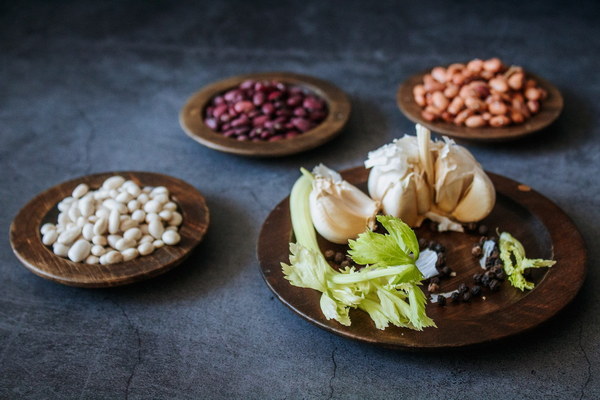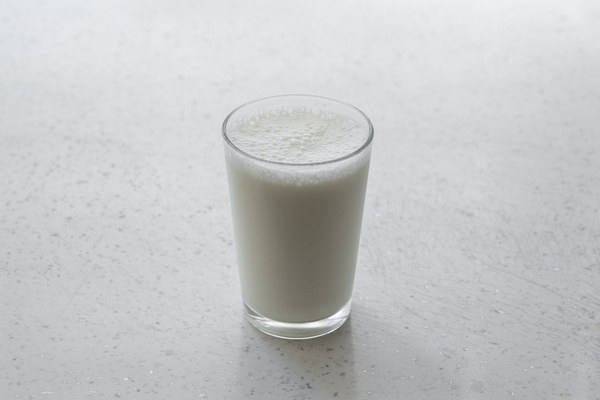Post-Surgical Excessive Sweating Effective Remedies for Recovery
Introduction:
After undergoing surgery, it is not uncommon for individuals to experience excessive sweating, a condition known as hyperhidrosis. This can be quite uncomfortable and may disrupt the normal routine of daily life. In this article, we will discuss various remedies and strategies to help manage post-surgical excessive sweating and facilitate a smooth recovery.
1. Maintain a Balanced Diet:

A well-balanced diet can significantly impact your body's recovery process. Incorporate foods rich in vitamins, minerals, and antioxidants to support your immune system. Include a variety of fruits, vegetables, whole grains, lean proteins, and healthy fats in your diet. Additionally, stay hydrated by drinking plenty of water to maintain proper electrolyte balance.
2. Wear Breathable Clothing:
Opt for breathable fabrics such as cotton or bamboo to help absorb sweat and keep your skin dry. Avoid tight-fitting clothing, which may restrict airflow and exacerbate sweating. Changing your clothes frequently, especially if they become damp, can also help reduce the discomfort caused by excessive sweating.
3. Maintain a Cool Environment:
Keep your living space cool to help regulate body temperature and reduce sweating. Use fans, air conditioning, or open windows to create a comfortable atmosphere. Additionally, consider using a cooling pad or pillow to alleviate discomfort during sleep.
4. Practice Good Hygiene:
Maintaining good hygiene is crucial to prevent infections and skin irritations. After sweating excessively, gently clean the affected areas with a mild, fragrance-free soap and lukewarm water. Avoid harsh soaps or antiperspirants that may irritate your skin. After drying, apply a talcum powder or cornstarch to absorb excess moisture.
5. Manage Stress:
Stress can exacerbate sweating, so it is essential to find ways to manage it. Engage in relaxation techniques such as deep breathing, meditation, or yoga to reduce stress levels. Regular exercise can also help manage stress and improve overall well-being.
6. Consider Over-the-Counter Antiperspirants:
Over-the-counter antiperspirants can help reduce sweating. Look for products containing aluminum chloride hexahydrate or aluminum zirconium trichlorohydrex gly. Apply the antiperspirant at night, as it may cause irritation or discoloration on sensitive skin.
7. Consult a Healthcare Professional:
If over-the-counter remedies do not provide relief, it is advisable to consult a healthcare professional. They may recommend prescription-strength antiperspirants, oral medications, or other treatments to manage post-surgical excessive sweating.
8. Alternative Therapies:
Some individuals may find relief from alternative therapies such as acupuncture or homeopathy. These treatments are not scientifically proven, but some people report positive results. It is essential to discuss these options with a healthcare professional before trying them.
Conclusion:
Experiencing excessive sweating after surgery can be challenging. By following these tips and remedies, you can help manage this condition and promote a smooth recovery. Remember that patience is key, and it may take time for your body to return to its normal sweating patterns. Always consult a healthcare professional if you have concerns or if the excessive sweating persists.









